Managing Anxiety in Athletes
Anxiety in Athletes
In today’s fast-paced and demanding world of competitive youth sports understanding, and being able to manage, anxiety are huge components to one’s athletic success. It is important for athletes to learn how to frame their anxiety, define it, and develop purposeful strategies to create positive outcomes on the field and off the field.
The first concept to understand is the importance of anxiety as a natural response in our bodies. It is not the enemy! In fact, the primary function of anxiety rests in the Fight or Flight response, which is our primitive way of preparing to survive a threat.
In our modern world, we are not dealing with as many physical threats to our survival, but more so dealing with perceived threats on our mental and emotional comfort. This perception still activates the same response system in the body. Constant levels of stress and anxiety can lead to disrupted sleep patterns, lack of appetite, metabolism issues, and increase in depression due to the constant release of the hormone, cortisol.
Obviously, an athlete dealing with these concerns is not fully focused on his or her performance and will not achieve optimal results. This is why it is so important to manage how we perceive stress and anxiety so we can limit the over-release of cortisol.
Some athletes let the stress stop them from pushing to be great. These athletes will settle for mediocrity in order to avoid uncomfortable mental, emotional, or physical feelings.
Below are some common mindsets of opting for comfort over achievement:
- only practicing at practice
- playing within a comfort zone, fearing mistakes
- avoidance of challenging situations
- seeing value in quantity of training versus quality of training
- they are solely result driven
- placing blame on referees, coaches, teammates and circumstance instead of exploring solutions
- making excuses for struggling instead of finding solutions
- challenges make them quit instead of displaying resilience
So, our approach at MBS Performance Counseling centers around the athlete’s perception of competition and sport as well as how they define and deal with anxiety. We push the athlete to embrace the challenge and to function in a world of high expectations. How do we do this?
Re-framing Stress in Athletes:
| Identify your strengths | What are your major strengths as an athlete? Once you identify them, how can you utilize these strengths more often? Be specific. Where, when, how can you implement these strengths? |
| Engage your positive thoughts | We are surrounded by positives people, events, and intentions. However, we usually take them for granted and often forget to acknowledge the positivity in our lives. Write down 2-3 things per day that went well or that you appreciate. Purposefully remind yourself of the positives in your life. |
| Define your priorities | What matters to you in your life? Write down your top 5-7 priorities in order of importance. |
| Take a time inventory | Track your daily time usage. Do you spend the most time on your top priority? If not, why? |
| Take a people inventory | Are the people in your life those who motivate you or hold you back from your goals? Are they positive influences or negative? Surround yourself with positive, driven and caring people! |
| Visualization | Most often, anxiety derives from a fear of future events. The more we purposefully prepare through physical practice AND mental practice, the more we feel ready for the future. Visualization is a key component to preparation! |
| Positive Self-Talk | Our words are powerful! Remind yourself of your strengths, reaffirm you are prepared, embrace challenge. Choose your words wisely. Be honest, kind and compassionate to yourself. |

Ryan Defibaugh, LCPC, NCC, is the owner of MBS Performance Counseling, LLC in Frederick, MD. He works with adolescents and young adults to help them thrive in their academic, social, and personal lives. Ryan uses his experience as a Division I college coach along with his counseling background in order to empower our youth with skills such as optimism, resilience, grit, and problem-solving abilities.



